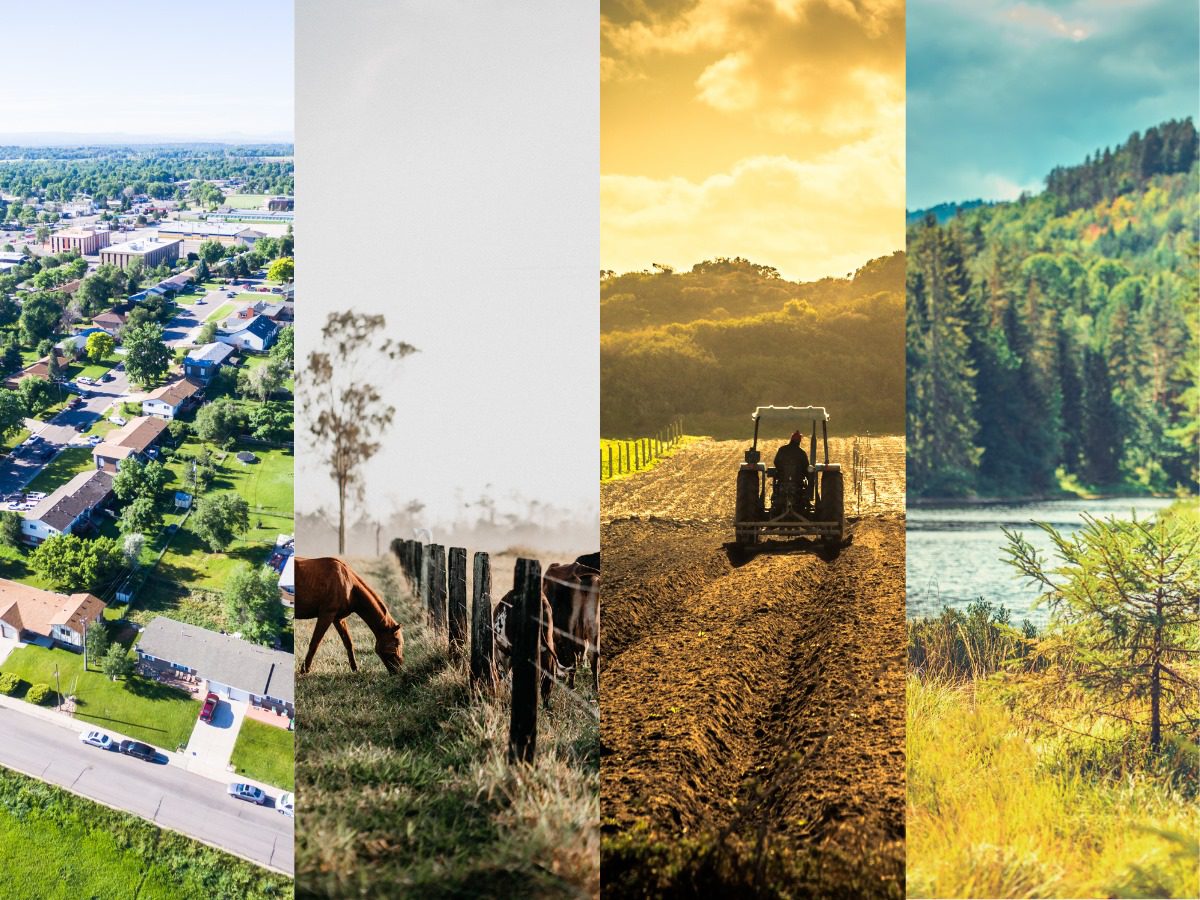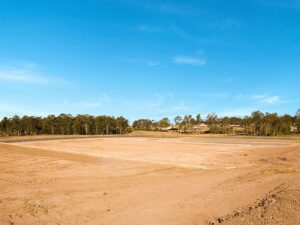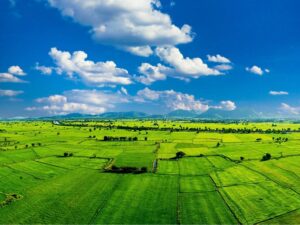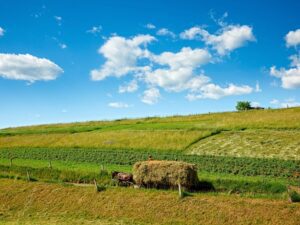In a world filled with bustling cities and urban sprawl, the allure of open land remains a timeless dream for many. Whether you’re an investor looking for the next big opportunity, a homebuyer searching for your perfect piece of paradise, or even simply a dreamer with a penchant for wide-open spaces, exploring the diverse types of land options available is an exciting journey. Within the pages of this blog, we’ll delve into the myriad choices you have when it comes to land, ranging from residential plots to agricultural expanses and everything in between.
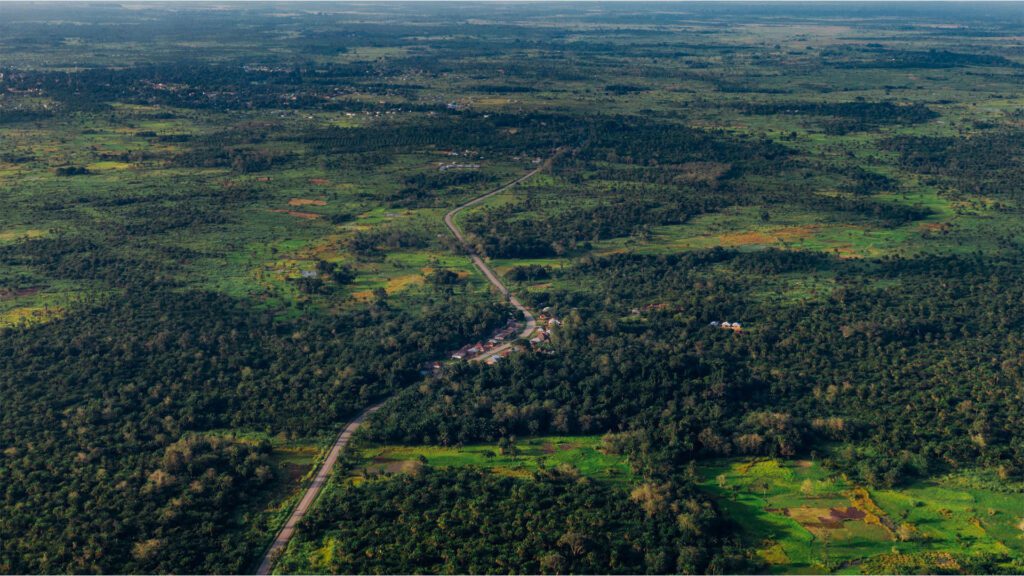
Residential Land: Crafting Your Dream Home
For those seeking to create their dream home from the ground up, residential land is the canvas upon which your vision can come to life. Residential land options range from small suburban lots to expansive rural properties. Here are a few key considerations:
- Location: The age-old adage “location, location, location” rings especially true when it comes to residential land. Proximity to schools, work, shopping, and other amenities should factor into your decision.
- Zoning: Familiarize yourself with local zoning regulations. They dictate what you can and can’t do with your land, from the type of dwelling you can build to potential restrictions on land use.
- Utilities: Ensure that essential utilities like water, electricity, and sewage are available or can be easily connected to the property.
- Land Size: Consider the size of the land in relation to your needs. A sprawling estate may be appealing, but it could require more maintenance and resources than a smaller plot.
- Topography: Evaluate the terrain of the land. Steep slopes and rocky ground may necessitate additional costs for construction and landscaping.
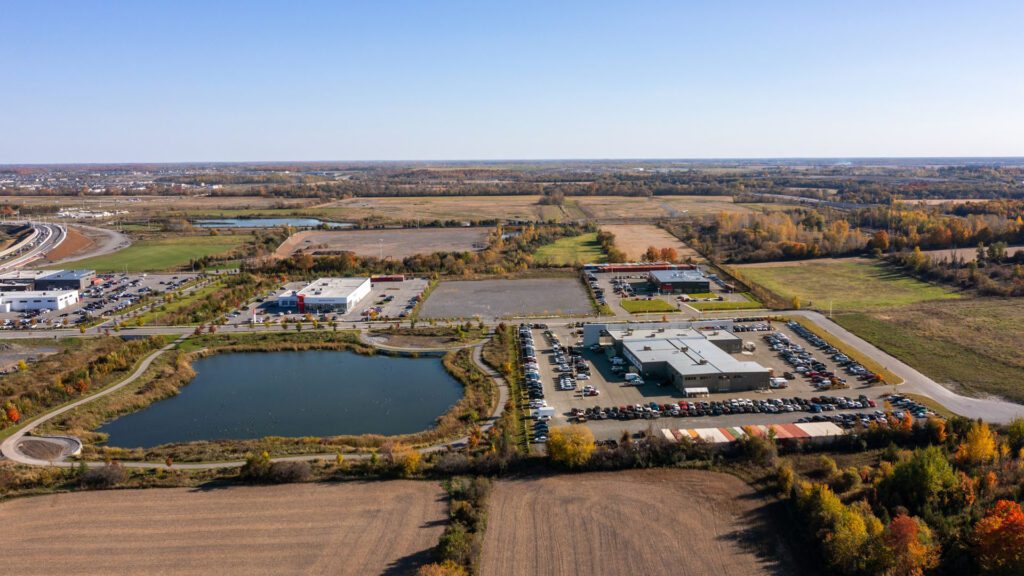

Commercial Land: Building for Business
Entrepreneurs and business owners often find themselves in the market for commercial land. Furthermore, the right location can be a game-changer for a business. Here are some factors to ponder:
- Accessibility: Assess how accessible the land is to potential customers and employees. Proximity to major roads, highways, and public transportation can impact the success of your business.
- Zoning and Permits: Investigate local zoning laws and permitting requirements. Some areas may have restrictions on the type of businesses that can operate there.
- Land Size and Layout: Consider the size and layout of the land in relation to your business needs. Adequate parking space, outdoor areas, and room for expansion should be part of your evaluation.
- Utilities and Infrastructure: To ensure your convenience and comfort, make certain that the necessary utilities and infrastructure, such as water, sewage, and internet connectivity, are available or can be easily installed.
- Demographics: Research the local demographics to determine if your target market is in the vicinity.
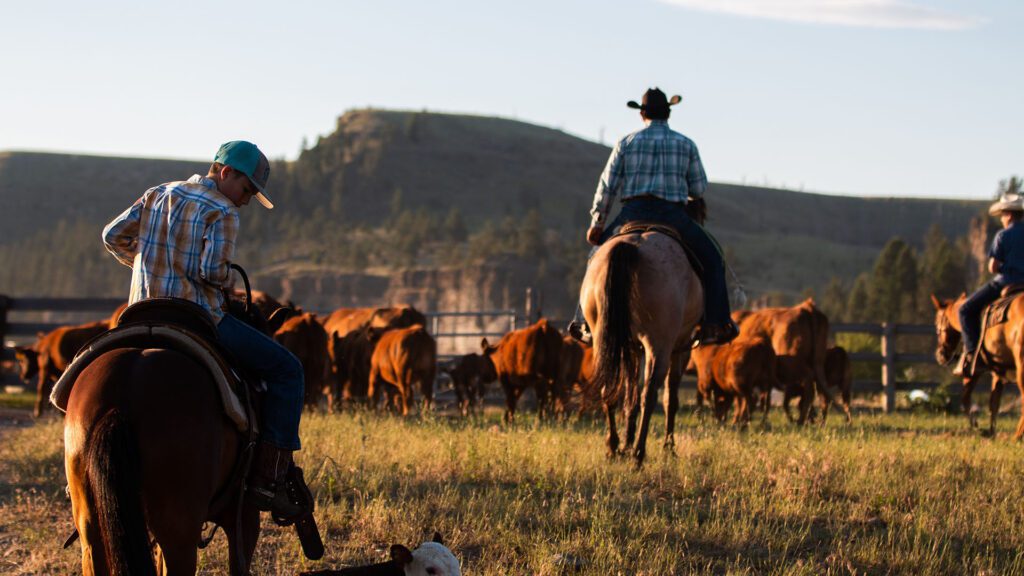

Agricultural Land: Cultivating Opportunities
For those with a green thumb or a vision for agricultural endeavors, agricultural land presents unique possibilities. Whether you’re looking to start a farm or invest in farmland, here are some factors to weigh:
- Soil Quality: Soil quality is paramount for farming. Conduct soil tests to determine if the land is suitable for your intended crops or livestock.
- Climate and Weather Patterns: Consider the climate and weather patterns of the area. Certain crops thrive in specific conditions, and extreme weather can impact your agricultural pursuits.
- Water Source: Access to a reliable water source is crucial for irrigation and livestock. Evaluate the availability and quality of water on the property.
- Land Drainage: Adequate land drainage is essential to prevent waterlogging and erosion, which can harm crops and soil quality.
- Local Regulations: Be aware of local agricultural regulations and restrictions, including zoning laws and environmental protections.


Recreational Land: Embracing the Great Outdoors
For nature enthusiasts, hunters, and outdoor adventurers, recreational land offers the chance to escape to the great outdoors. Here are some considerations for those seeking such properties:
- Location: Determine if the location suits your recreational interests. Is it close to forests, lakes, rivers, or other natural attractions?
- Access: Ensure that the land is accessible year-round, especially if you plan to use it for hunting or other seasonal activities.
- Wildlife and Conservation: Research the local wildlife and conservation efforts. Some properties may have unique ecological features or be subject to conservation easements.
- Infrastructure: Consider whether there are existing structures or facilities on the land, such as cabins, trails, or hunting blinds.
- Legal Considerations: Be aware of any hunting or land use regulations that may apply to the area.
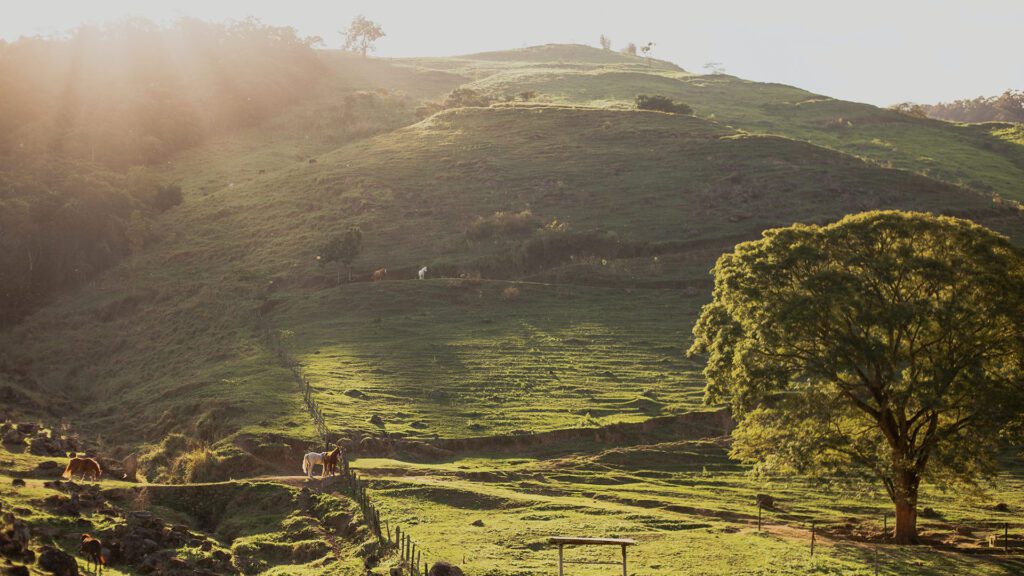

Investment Land: Building Wealth through Real Estate
For savvy investors, land can be a lucrative asset. Whether you’re interested in land banking, development, or speculative investing, here are some factors to keep in mind:
- Market Trends: Research current and projected real estate market trends in the area. Is there potential for appreciation in land value?
- Location Potential: Assess the location’s future growth potential. Are there upcoming infrastructure developments or changes in zoning that could affect the land’s value?
- Land Development Costs: Factor in the cost of developing the land, including infrastructure, permits, and construction.
- Rental Income: Consider whether the land can generate rental income in the meantime, such as through agricultural leasing or outdoor storage.
- Exit Strategy: Have a clear exit strategy in mind, whether it’s selling the land, developing it, or holding it for the long term.
The world of different types of land options is diverse and rich with opportunities. Whether you’re looking to build your dream home, start a business, cultivate the land, embrace the great outdoors, or invest for the future, thorough research and careful consideration of location, zoning, utilities, and local regulations are essential.
Additionally, as you begin your exploration of the various types of land options available, keep in mind that each piece of land has its unique potential and possibilities just waiting to be discovered and put to use.
If you have any questions about the different types of land for sale or need expert guidance to make the most of your investment, don’t hesitate to reach out. 📞 Call us at 1-646-915-1234 today or email [email protected].

